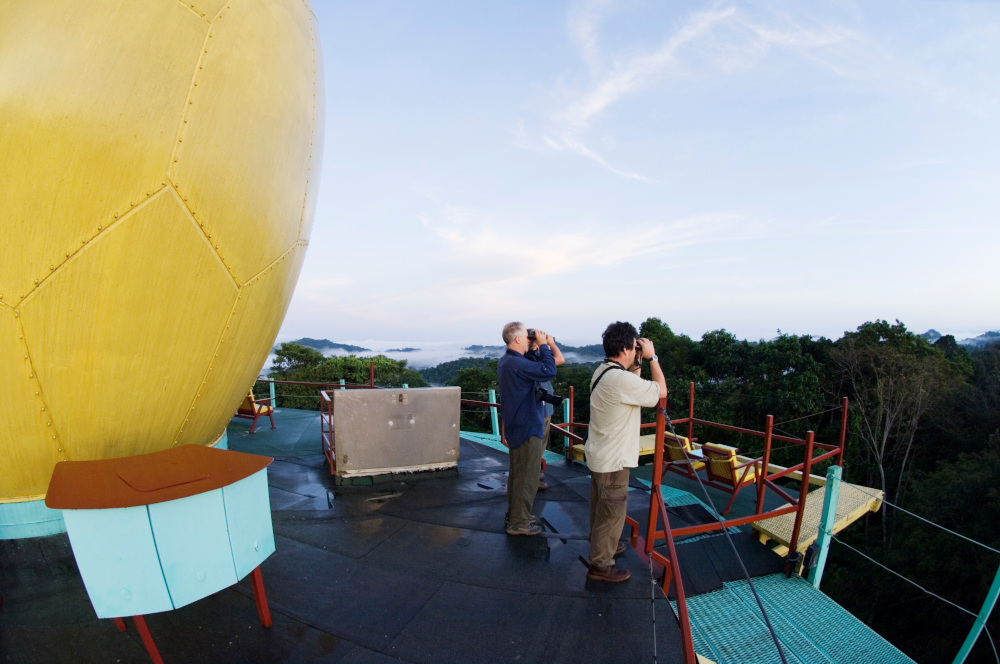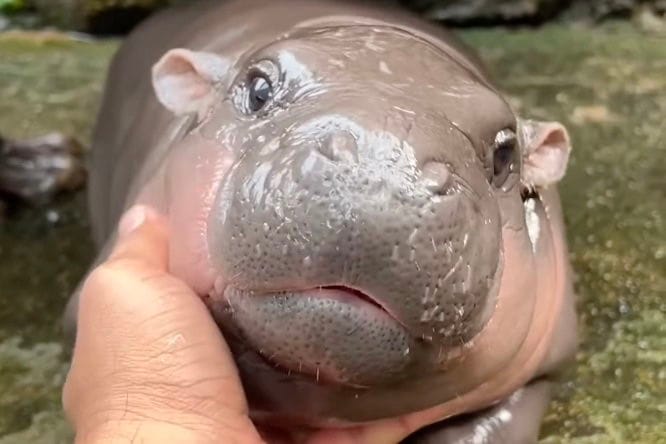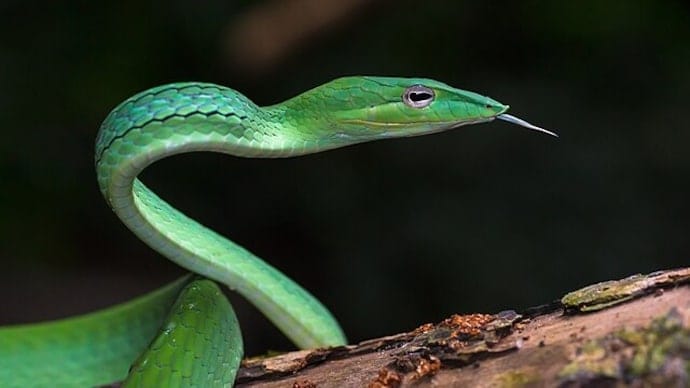Hippo Haven Under Threat - Climate Change Impacts on Botswana's Okavango Delta

The Okavango Delta in Botswana, a UNESCO World Heritage site, is a haven for wildlife, including the charismatic and ecologically vital common hippopotamus (Hippopotamus amphibius). Known for their "trotting" gait, where they propel themselves forward by pushing off the riverbed, hippos are integral to the delta's ecosystem. However, this delicate balance is under increasing pressure from the escalating effects of climate change.
A Changing Landscape: The Delta in Flux
The Okavango Delta is a vast inland delta, fed by the Okavango River, which originates in the highlands of Angola. Unlike most rivers, the Okavango doesn't flow into the sea; instead, it fans out across the Kalahari Desert, creating a mosaic of channels, lagoons, and islands. This unique ecosystem is highly dependent on seasonal flooding, which brings life-giving water and nutrients to the delta.
Climate change is disrupting this delicate cycle. Data from the Okavango Basin Water Commission (OKACOM) indicates an increasing trend of irregular rainfall patterns in the region. Droughts are becoming more frequent and severe, while intense rainfall events, when they do occur, often lead to rapid runoff and erosion, rather than sustained flooding.
These changes have profound implications for the delta's water levels, which are crucial for hippos. Research published in the journal "African Ecology" in 2023 showed a significant decline in the average depth and extent of flooding in the Okavango Delta over the past two decades. This reduction directly impacts hippo populations by shrinking their available habitat and concentrating them in smaller areas.
Shrinking Habitat, Heightened Competition
Hippos are highly territorial animals, and as their habitat shrinks due to reduced water availability, competition for resources intensifies. This can lead to increased aggression between individuals, impacting their overall health and reproductive success. A 2022 study published in "Biological Conservation" found a correlation between lower water levels in the delta and increased hippo aggression, particularly among males vying for territory.
Furthermore, the concentration of hippos in smaller areas also elevates the risk of disease transmission. Anthrax outbreaks, for instance, are a significant threat to hippo populations, and their impact is exacerbated when animals are forced into closer proximity due to habitat loss.
Beyond Hippos: A Wider Ecosystem Impact
The challenges facing hippos in the Okavango Delta are a stark reminder of the broader ecological impact of climate change. As keystone species, hippos play a vital role in maintaining the delta's health. Their grazing habits help control vegetation growth, while their dung provides essential nutrients for fish and other aquatic life. The decline of hippo populations has cascading effects on the entire ecosystem.
For example, a study published in the journal "Ecosphere" in 2024 found a link between decreasing hippo populations in certain areas of the delta and reduced fish diversity. The researchers attributed this to the loss of nutrient input from hippo dung, highlighting the interconnected nature of the ecosystem and the far-reaching consequences of climate change.
A Call to Action: Protecting the Delta's Future
The plight of trotting hippos in the Okavango Delta underscores the urgent need to address climate change. International cooperation is crucial to reduce greenhouse gas emissions and mitigate the impacts of global warming. At the local level, conservation efforts should focus on habitat restoration, water management strategies, and community engagement to protect this invaluable ecosystem.
By supporting organizations working to conserve the Okavango Delta and advocating for policies that promote sustainability, we can help ensure that the trotting hippo and the unique biodiversity of this remarkable ecosystem continue to thrive for generations to come.






/https://static.texastribune.org/media/images/AmericanBlackBear.jpg)











Comments ()